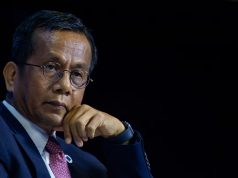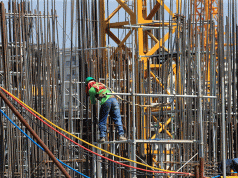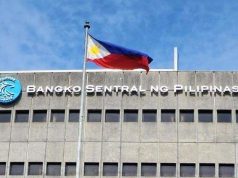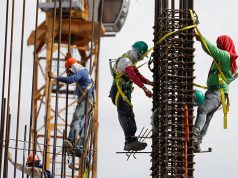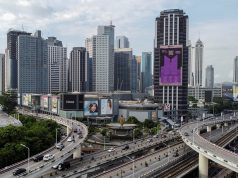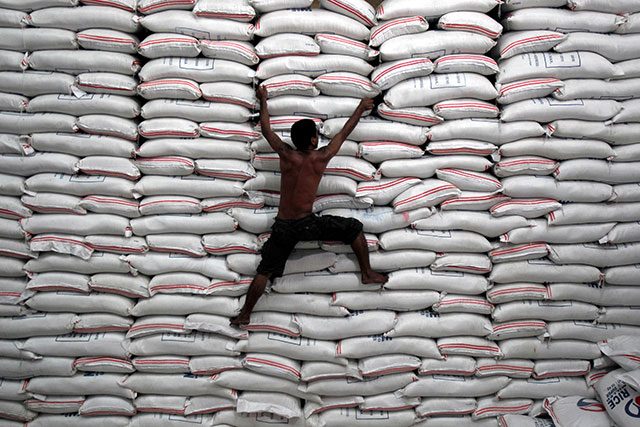
MANILA – Recent Philippine interest rate hikes will not have a serious impact on the economy, the finance minister said on Tuesday, allowing the government to keep its 2018 growth target of 7-8 percent for now.
The current policy rates are “totally appropriate”, Finance Secretary Carlos Dominguez told a journalists’ forum, adding that they are “data driven”.
While the rate hikes have “some effect on the growth rate, we don’t think it’s going to be that serious because the economy is growing at quite a fast rate.”
The central bank has raised its benchmark rate three times since May, by a total of 100 basis points, to tame inflation that hit a more than five-year high in July.
The Philippine economy remains one of the fastest growing in Asia. But with annual growth slowing to a three-year low of 6.0 percent in the second quarter, the challenges are tougher for a government that’s funding a multi-billion dollar infrastructure overhaul and a central bank grappling with high inflation.
Central bank governor Nestor Espenilla, at the same forum, reiterated that while he expects inflation to peak in the third quarter, he does not see the rate hitting 6 percent.
Annual inflation reached 5.7 percent in July as costlier fuel filtered into the prices of consumer goods.
Espenilla said the inflation rate should return towards the central bank’s 2-4 percent target in 2019.
“While the recent inflation outturns are underpinned by factors outside monetary policy… the BSP (central bank) reiterates its strong commitment to take necessary policy actions to safeguard inflation targets,” he said.
Espenilla said the peso, which continues to wallow near 12-year lows against the U.S. dollar, remains “flexible and market determined.”
“Nevertheless we are cognizant that the peso could be subject to excessive volatility especially in light of global interest rate development. We have to take this into account,” the governor said.
The peso has weakened more than 6 percent against the dollar this year. -Reporting by Neil Jerome Morales and Karen Lema; Writing by Manolo Serapio Jr.; Editing by Richard Borsuk




